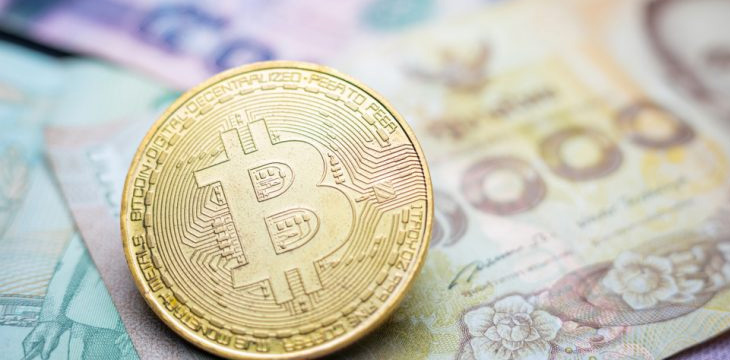|
Getting your Trinity Audio player ready...
|
Many countries are imposing regulations on cryptocurrency and initial coin offerings (ICOs). Thailand government has also stepped up to craft legislation targeting digital money.
On Tuesday, the Thailand cabinet approved in principle the draft of two royal decrees on cryptocurrencies and ICOs. These drafts are not to ban but regulate the use of cryptocurrency and ICOs in the country. The first draft is for the regulation of digital asset-related transactions while the second is to amend the revenue code to allow the tax-collecting agency impose levies on digital assets.
According to Bangkok Post, Nathporn Chatusripitak, a spokesman for Deputy Prime Minister Somkid Jatusripitak, said that the two drafts still need to be vetted by the Council of State and approved by the Cabinet. The drafts will also be viewed by the Thai’s financial authorities when the Finance Minister, the Bank of Thailand, Securities and Exchange Commission and Anti-Money Laundering office jointly with the Council of state within a week as assigned by the cabinet.
The effort to have regulatory laws came from Thai deputy prime minister Wissanu Krea-ngam, who is pushing for the government to protect investors from scammers and also prevent money laundering and other fraudulent activities in the country.
Through the drafts, the government is planning to impose a capital tax of 15 percent on all digital assets. Some were in the dark on what exactly entails digital assets. The financial Minister of Thailand specified “digital assets” as cryptocurrencies, digital tokens, and other assets in the form of electronic data as defined in the drafts. The exact tax levy is yet to be discussed with the cabinet expected to do so next week.
According to the deputy prime minister, there are works by the finance minister and the Securities and Exchange Commission (SEC) to have organic laws requiring all digital transactions to be registered. The targeted audience include digital asset exchanges, brokers, and dealers.
The department of revenue in Thai wants clear laws and guidelines on taxation of digital assets put in place. Although this body could use authority in the Revenue Code under section 40(8) to tax cryptocurrency and ICOs, they believe there is a need to have specified laws for easy application of the taxes.
Though there is still more to be done before there is effective legislation on cryptocurrencies and ICOs, the drafts give hope to many investors who have fallen victims of digital schemes and scandals.

 02-14-2026
02-14-2026 




